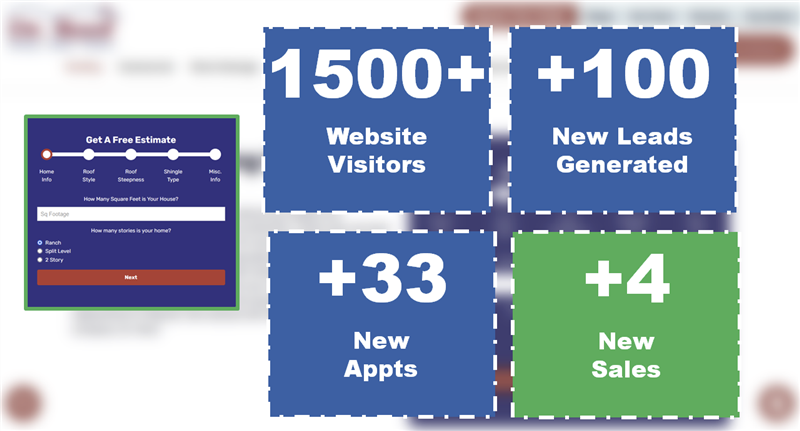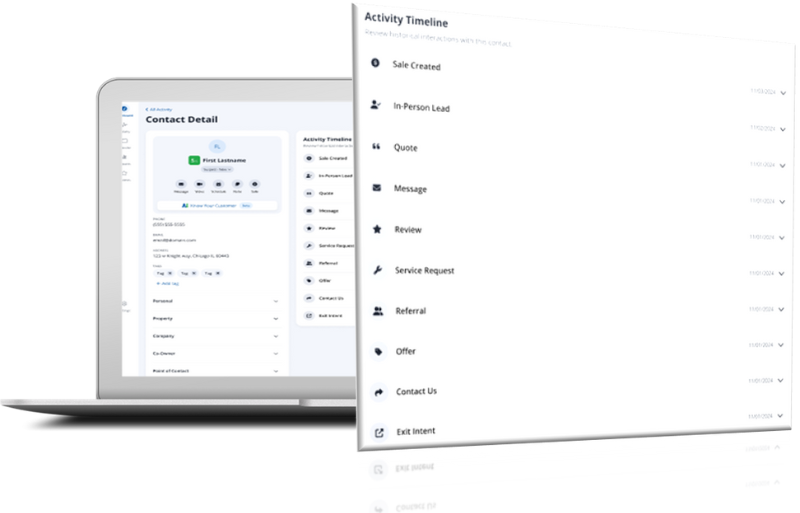6 Ways to Better Ads & Higher Profit Margins
 If you focus your online ads on bargain propositions like “great prices,” you may be losing money on customers with tight budgets. Here are some ways to write ads that are more cost-effective and more persuasive than most sale ads.
If you focus your online ads on bargain propositions like “great prices,” you may be losing money on customers with tight budgets. Here are some ways to write ads that are more cost-effective and more persuasive than most sale ads.
This article will cover:
- Clarification
- Location
- Quality
- Personalization
- Confidence
- Expectations
1. Clarify what you offer.
- If you fail to mention a good/service, most customers will assume you don’t offer it. You can significantly increase sales by being clearer about what you offer. For example, our Adwords door ads which included the phrase “installations” were 10% more likely to generate a sale and 20% more cost-effective than ads which mentioned “great prices” instead. Customers cared more about the service than the price because the price is irrelevant if they don’t know whether you actually have what they’re looking for.
- Target your prospective customers’ top concerns. For example, if you were a plumber marketing emergency plumbing services, prospective customers would care a lot more about how quickly you could race over than about your price. If you offer any products/services that are upscale, urgent, and/or safety-critical, the top concern for prospective customers is probably not price.
 2. Try including your location, even in the briefest online ads.
2. Try including your location, even in the briefest online ads.
- If location is at all relevant to your customers, make sure you mention it. For example, our home improvement ads which mention “Chicago” are 9% more cost effective than ads which mentioned “great prices.” On average, our mattress company ads are 10% more cost-effective when they mention a city.
- We’ve generally had the best results mentioning a city or neighborhood rather than a state. When you’re displaying online ads in the Denver area, we highly recommend mentioning “Denver” rather than “Colorado” because a Denver store is close enough to drive to. In contrast, a “Colorado” store might be 150 miles away.
- Use your location(s) to show your company in a positive light. For example, “7 Miami stores” lets residents of Miami know that you’re an established business with convenient locations. If you are marketing a single location, you can use a landmark phrase like “Near Wrigley Field” to show Chicagoans where you are, what the area is like (upscale and clean), and encourage people to visit your store when they are near Wrigley.
3. Quality counts.
- Even a simple assertion that your products are great is very persuasive. Our Google ads which mentioned “great doors” were 8% more persuasive and 6% more cost-effective than ads which mentioned “great prices.”
- Have your products won awards or been rated highly? If so, experiment with phrases like “award-winning” or (say) “rated 4.8 stars on Yelp.”
4. Personalize your ads with “you” or “your.”
- Door ads with “you” or “your” were 11% more persuasive and 40% more cost-effective than ads with “great prices.”
- You can incorporate these personal terms into your calls to action. For example, “Call 123-456-7890 for your free appointment!” or “Protect your family from identity theft today!”
5. Make your customers feel more confident.
- Do you guarantee your products? Our window ads with the phrase “lifetime guarantee” or “BBB certified” were 28% more cost-effective than ads with “great prices.”
- Are you BBB-certified? Our ads with “BBB certified” were 19% more cost-effective.
- Can you make any blanket statements about what you offer? For example, if you’re competing on a keyword like “custom-size doors”, an ad with a phrase like “any sizes” will trounce ads which mention price but not size.
6. Adjust customer expectations in line with what you offer.
Here are some techniques that have helped Spectrum's clients.
- Make customers excited to have you on-board. For example, our door companies have had a lot more success offering a “free appt” and “free measuring” rather than a “free in-home estimate.” Many customers expect a price estimate instantly and may resent having a door designer come by to provide an in-home estimate. In contrast, a customer calling in for “free measuring” will be happy when a designer comes by to measure their doors—the professional coming by is a gift, not an inconvenience.
- Phrase your online ads in terms of what prospective customers might actually want to do/find on your website. For example, if your company sells products only in-store rather than online, try a phrase like “Find a mattress store near you!”
Got a question? Leave a comment below and the pros at Spectrum will get back to you!








